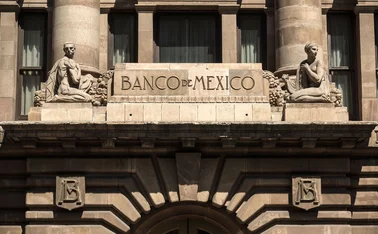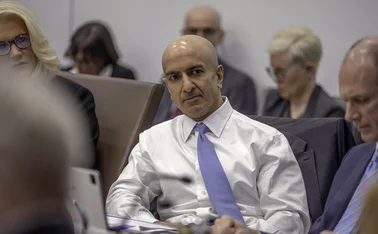
Turkish rate cut baffles markets as inflation heads for double figures
Deputy governor says January's rate hike was ‘front-loaded'

The Central Bank of the Republic of Turkey (CBRT) today took markets by surprise, cutting its policy interest rate from 10% to 9.5%, but saying its monetary policy stance "will continue to be tight… until there is a significant improvement in the inflation outlook".
The central bank's claim that the rate cut leaves policy "tight" fits with the interpretation of a sharp rate hike in January this year having been a "front-loaded" move, as CBRT deputy governor Turalay Kenç described it in an
Only users who have a paid subscription or are part of a corporate subscription are able to print or copy content.
To access these options, along with all other subscription benefits, please contact info@centralbanking.com or view our subscription options here: www.centralbanking.com/subscriptions
You are currently unable to print this content. Please contact info@centralbanking.com to find out more.
You are currently unable to copy this content. Please contact info@centralbanking.com to find out more.
Copyright Infopro Digital Limited. All rights reserved.
As outlined in our terms and conditions, https://www.infopro-digital.com/terms-and-conditions/subscriptions/ (point 2.4), printing is limited to a single copy.
If you would like to purchase additional rights please email info@centralbanking.com
Copyright Infopro Digital Limited. All rights reserved.
You may share this content using our article tools. As outlined in our terms and conditions, https://www.infopro-digital.com/terms-and-conditions/subscriptions/ (clause 2.4), an Authorised User may only make one copy of the materials for their own personal use. You must also comply with the restrictions in clause 2.5.
If you would like to purchase additional rights please email info@centralbanking.com







